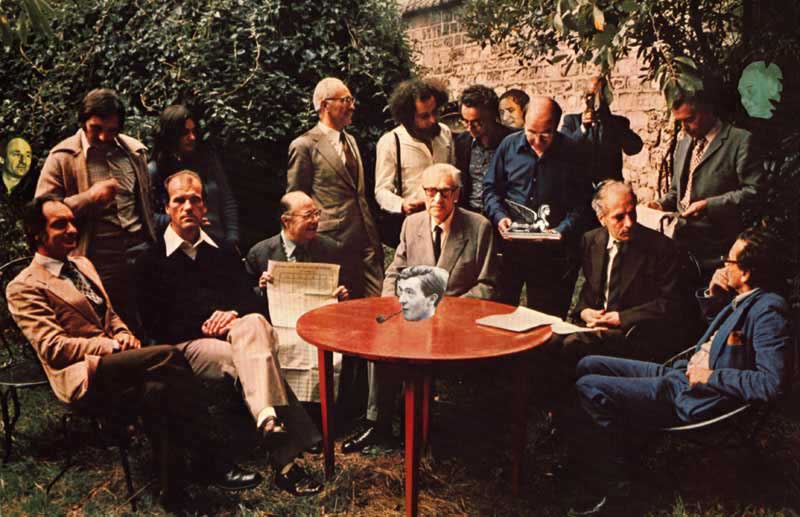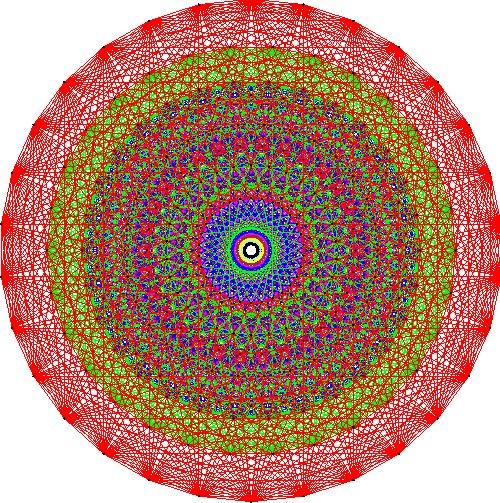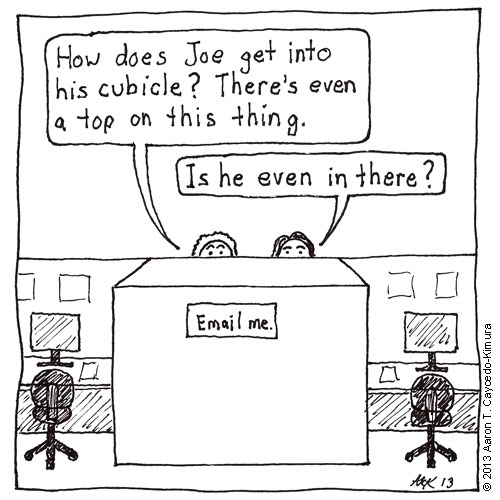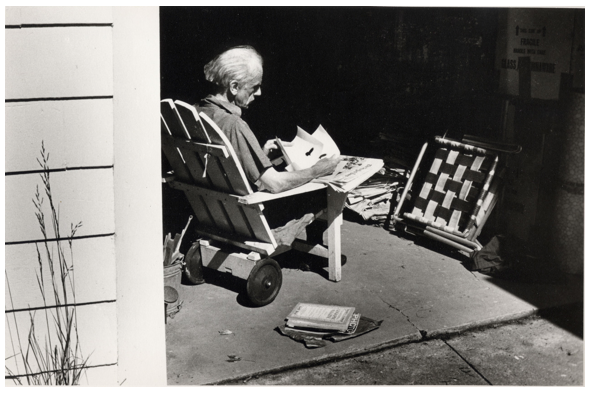* Claire Skinner *
But who actually daydreams? If you’re anything like me, you might feel the anxious urge to constantly be doing something. A day of commuting, meetings, emailing, and running errands feels productive. I’m tired after it. I can reassure myself that I’ve done something, that I’m worthy of waking again tomorrow. To lounge around on the sofa, drifting in and out of naps, gazing at a white rose blooming outside the window feels slothful, lazy, and (shall I say it?) frightening. It’s as if I’m asking the God of Free Market Economics to throw a lightning bolt at my daydreaming head. I’m frightened because if I give myself over to reverie, it may mean that I’ve accomplished nothing, that I’ve gotten nowhere, that I’m still me, same as yesterday, same as tomorrow: flawed, bad at math.









